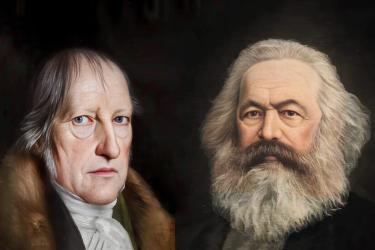Karl Marx
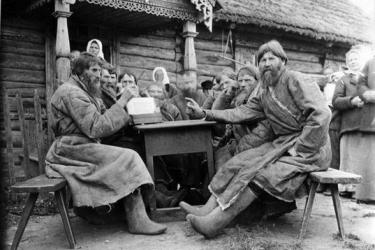
Marx on communal villages as loci of revolution in Russia and beyond
Kevin B. Anderson — In his last years, Marx developed new concepts of revolution alongside that of a united working-class uprising.
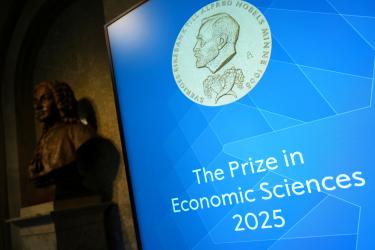
Would Marx approve this year’s Nobel?
Dmitry Pozhidaev — Innovation won the Economic Nobel this year. But would Karl Marx approve? Partly.
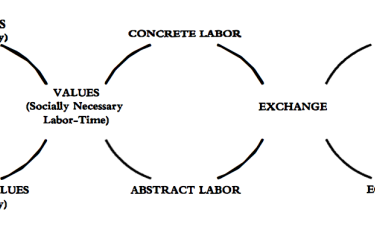
Marx’s critique of political economy: The logic of the commodity
Jason Devine provides an overview of the intellectual roots of Marx’s approach and explains the dialectical logic of his analysis of the commodity.
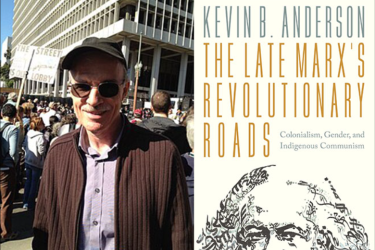
Late Marx on colonialism, gender and indigenous communism: An interview with Kevin Anderson
Kevin Anderson delves into Karl Marx’s final writings to unearth key ideas of critical importance for socialists today.

The declining rate of profit: Avoiding the key issue
William Jefferies — James Doughney’s latest contribution to the discussion on Marx’s tendency of the rate of profit to fall avoids the key point: the relationship between the proportional rise in the mass of physical capital and productivity rate rises.

The declining rate of profit: Déjà vu all over again
James Doughney responds to William Jefferies critique of his article “Marx was wrong about the declining rate of profit. Isn’t it time we put this false idea to rest?”.
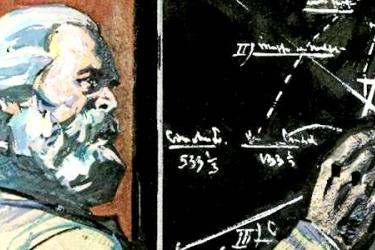
Was Marx wrong about the declining rate of profit?
William Jefferies — James Doughney’s attempted refutation of Karl Marx’s law of the tendency of the rate of profit to fall is thoughtful and thorough, but ultimately wrong.
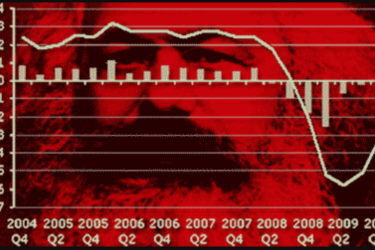
Marx was wrong about the declining rate of profit. Isn’t it time we put this false idea to rest?
James Doughney — Careful attention to Marx’s exposition of the theory of the declining rate of profit demonstrates that his theory is not coherent, even in its own terms.

To save the environment, we must end the profit system
Ian Angus talks about capitalism, metabolic rifts, degrowth and ecosocialism.

1843-1844: Marx’s Feuerbachian phase
Jason Devine — If Marx did not break with idealism thanks to Feuerbach, then the following questions arise: did Feuerbach actually influence Marx, and, if so, how?
